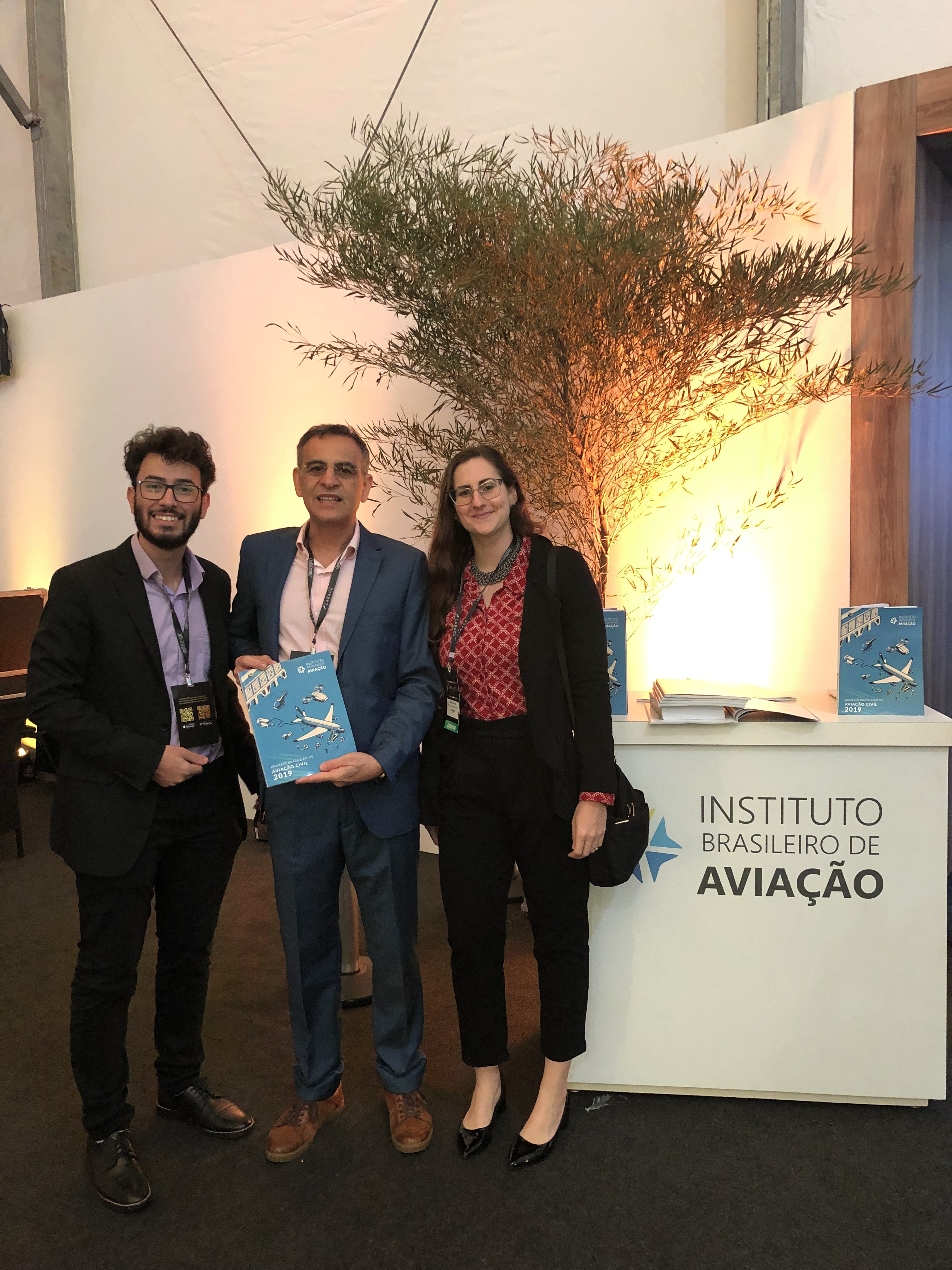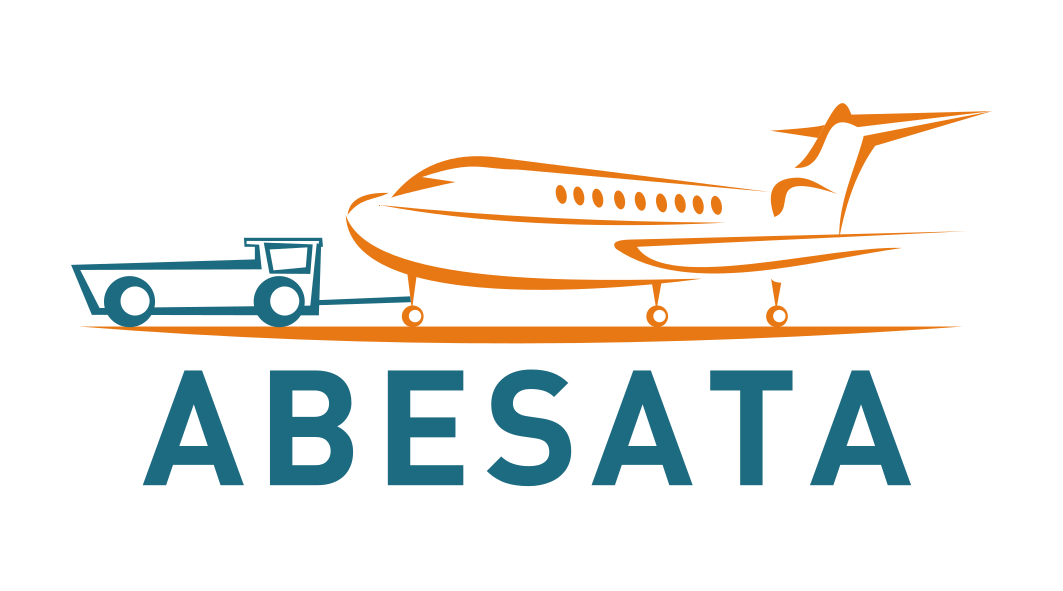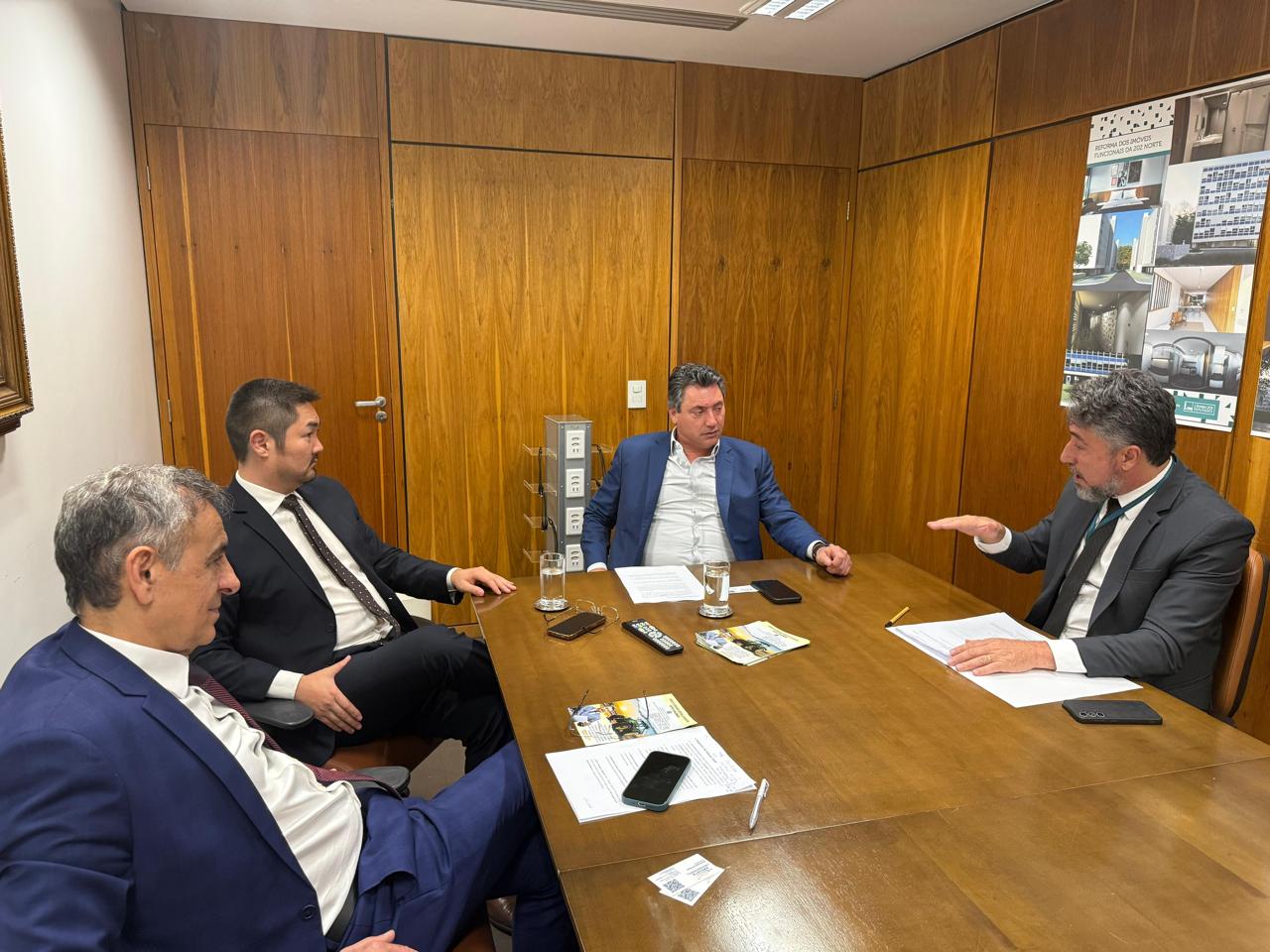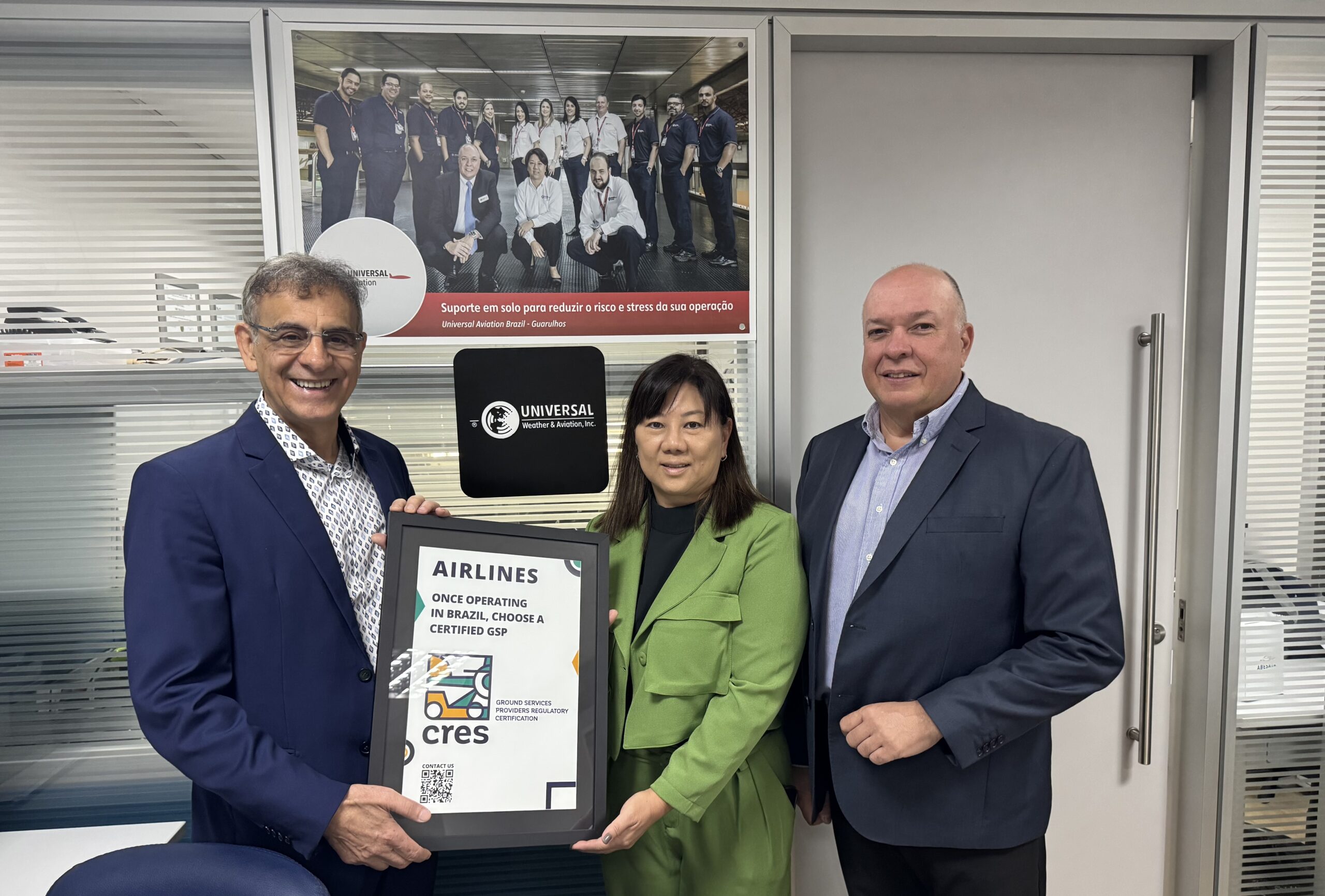
As air transportation grows, it also requires a huge preparation from the supply chain forthis challenge, by investing in equipment and skilled workforce so as to meet the growing needs and competitive pricing. Hence, the so-called Ground Service Providers (GSP) play a key role to bolster the sector. Nowadays, it accounts for 40% of the potential service types in Brazil. According to IATA, world average is 50%, showing that the country is in the right path to reach this goal. In comparison to May 2016 and December 2018, there has been a 30% rise in the segment. Brazil has 120 GSPs which, together, are responsible for generating more 42 thousand direct jobs. Services like baggage transport, aircraft cleaning, safety inspections, check-in, aircraft fueling, surface transport for crew and passengers, X-ray for hand luggage and checked luggage, air cargo handling, export and import, among other activities, are part of the GSP activities.
Brazilian airports privatization has boosted the sector. Thanks to investments in many airports, there is an increasing demand for ground handling, since new managers could rapidly see the benefits of contracting GSPs. This is especially due to the economy of scale. Most airports in the country would have their operations jeopardized by area restriction if, for example, each airline company aimed at internalising its “handling”. GPSs customize equipment and workforce. Hence, operation is even more in line with the reality of the Brazilian consumer.
Abesata has started the year of 2019 with three projects to face the expected challenges resulting from the air transportation growth as of 2020: the first one is Esata Legal Campaign, an initiative led by Abesata, but has the fundamental and utmost support from ABAG, ABEAR, ANEAA, IATA, JURCAIB, INFRAERO and Ministry of Infrastructure. The service hirer should not suffer any more with high company turnover. This impairs the segment maturity and hinder air transportation growth. Professionalism and legal compliance should prevail. And could we talk about
professionalism without mentioning education?
So the second project comes in: partnerships with Schools and Universities to offer extension courses on Airport Services. This project consists of enabling people and building partnerships in many Brazilian cities which welcome big airports. This is a way of qualifying citizens who live near their workplace: the airport. This is a non-profit public service project.
Finally, the third project-challenge is to put the code of ethics and the compliance rules into practice, making them more active and closer to daily life, involving not only GSPs, but also air carriers e aerodrome operators. Thus, by means of the tripod legality-qualification-ethics, we will leave an adequate legacy for sustainable growth of air transportation in the country.
Click here to access the complete yearbook at the IBA.



